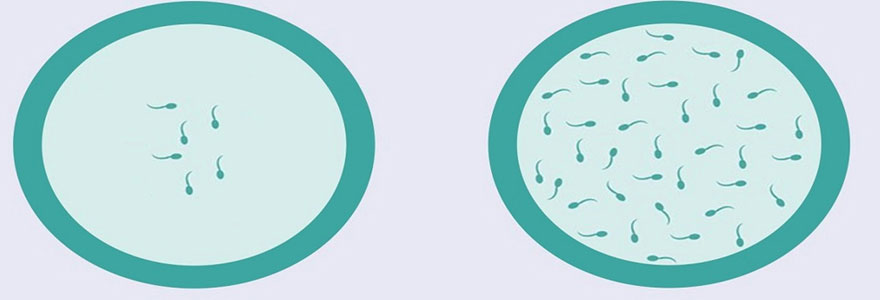Azoospermia

Azoospermia is a condition characterized by the absence of sperm in a man's ejaculate. It is a form of male infertility.
There are two main types of azoospermia:
- Obstructive Azoospermia:
In obstructive azoospermia, sperm production is normal, but there is a blockage that prevents sperm from being ejaculated. This blockage can occur in the epididymis, vas deferens, or other parts of the reproductive tract.
- Non-obstructive Azoospermia:
Non-obstructive azoospermia occurs when there is a problem with sperm production itself. In this case, there is no blockage in the reproductive tract, but the testicles are not producing enough sperm.
Diagnosis of Azoospermia:
- Semen Analysis:
Azoospermia is typically diagnosed through a semen analysis. If no sperm are found in the ejaculate, further investigation is warranted.
- Hormonal Testing:
Blood tests may be conducted to assess hormone levels, including follicle-stimulating hormone (FSH), luteinizing hormone (LH), testosterone, and others. Abnormal hormone levels can provide insights into the underlying cause of azoospermia.
- Genetic Testing:
Genetic testing may be recommended, especially in cases of non-obstructive azoospermia, to identify any genetic factors contributing to the condition.
- Imaging Studies:
Imaging studies, such as scrotal ultrasound, may be performed to evaluate the anatomy of the reproductive organs and identify any abnormalities or blockages.
